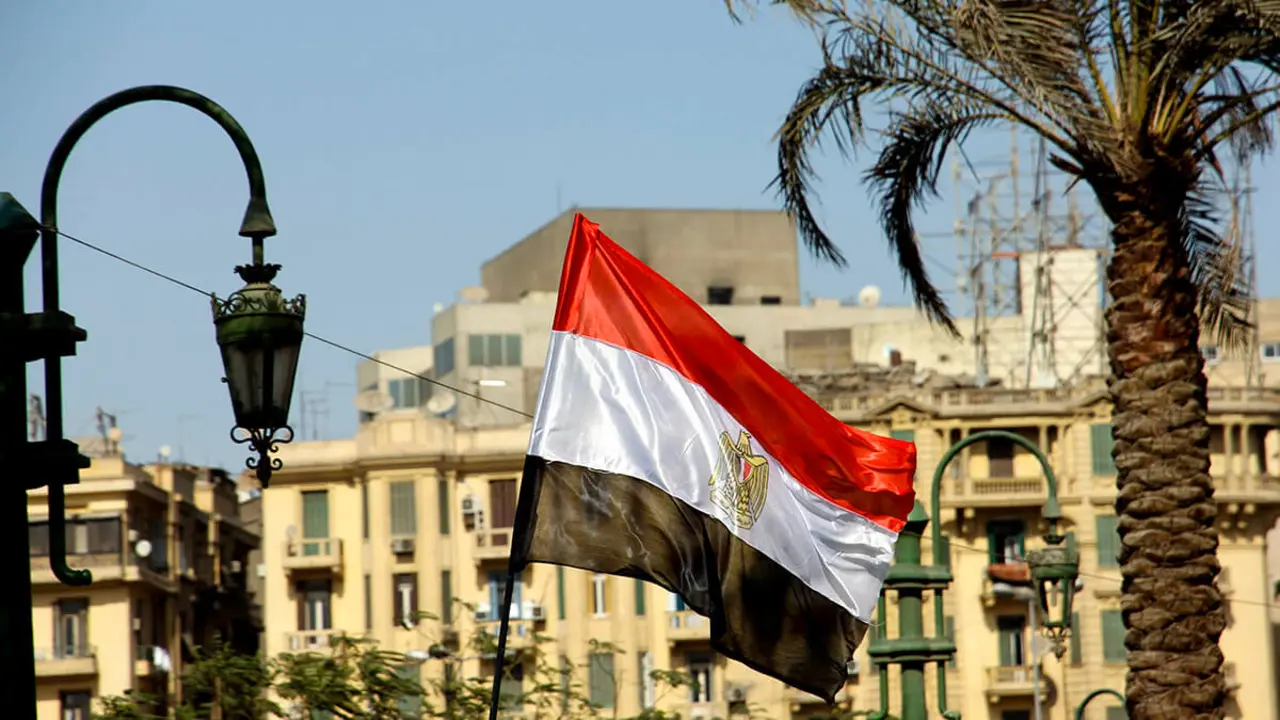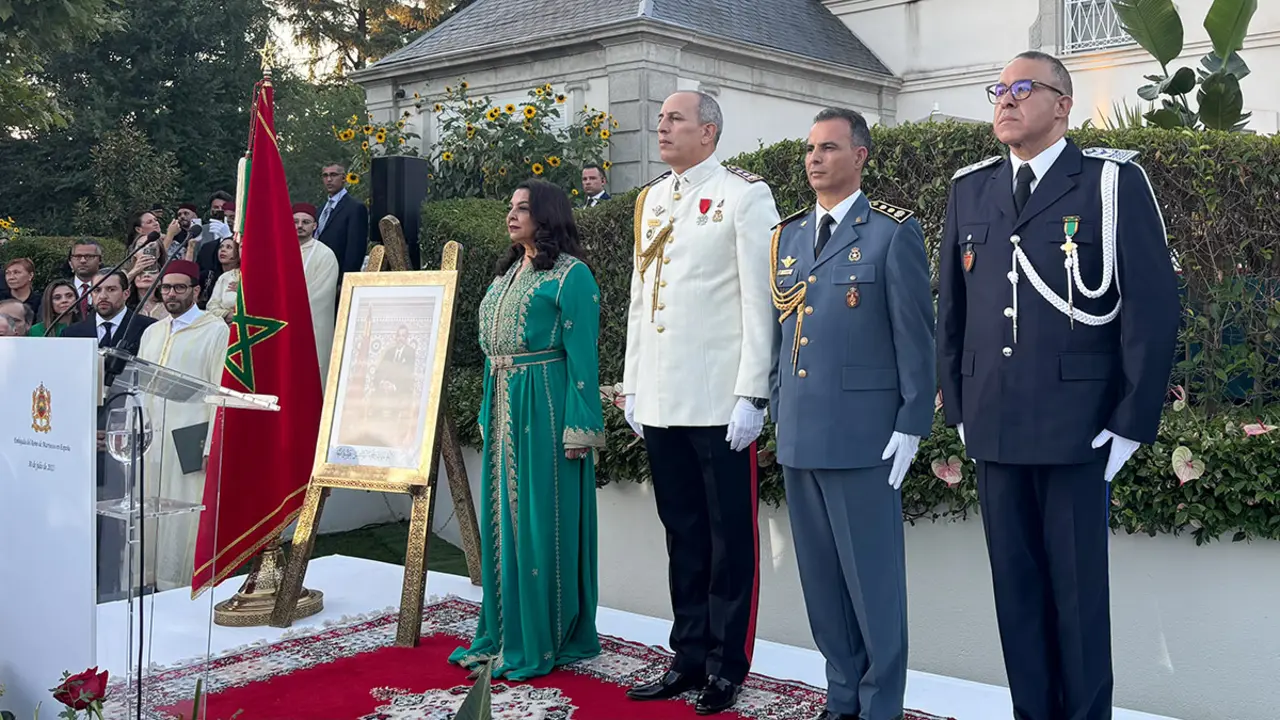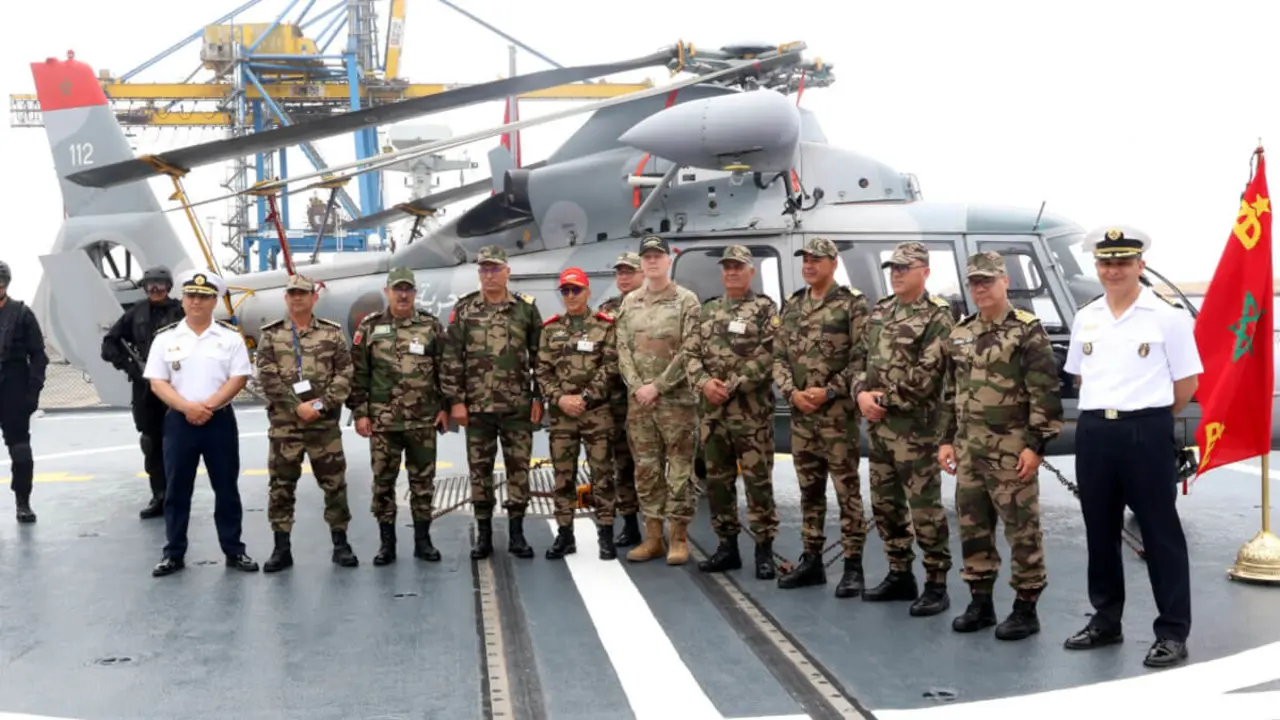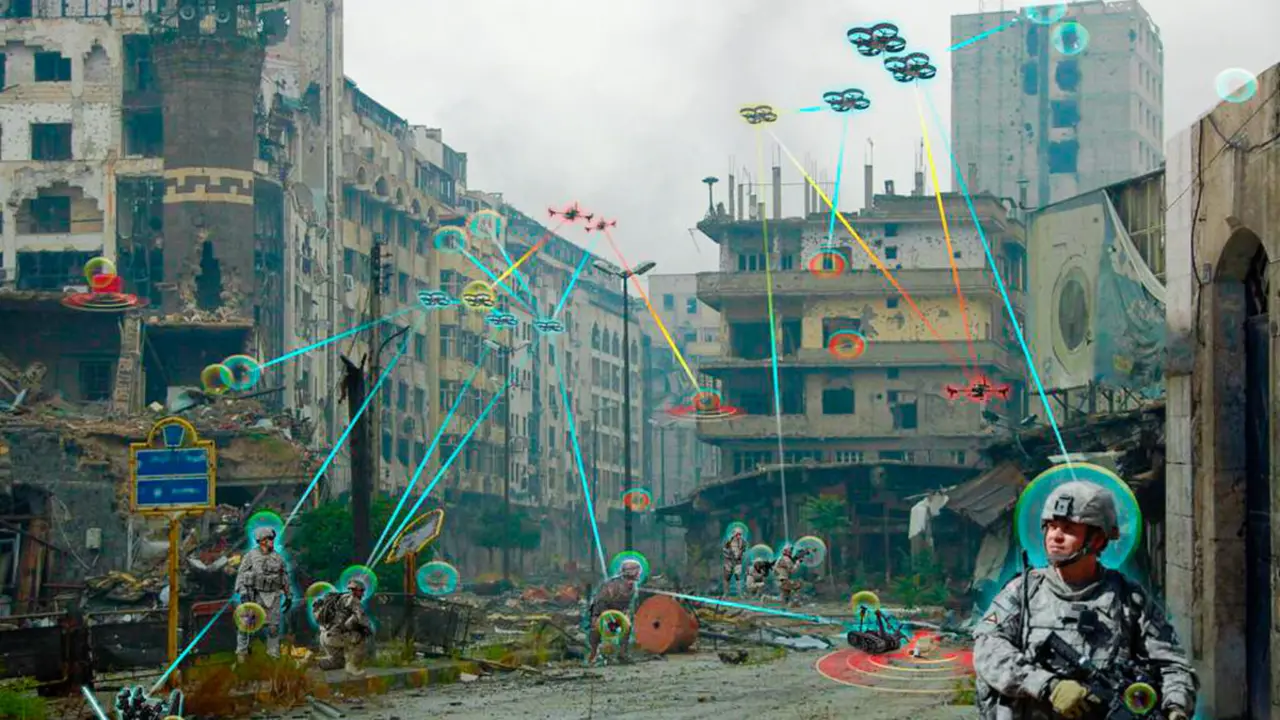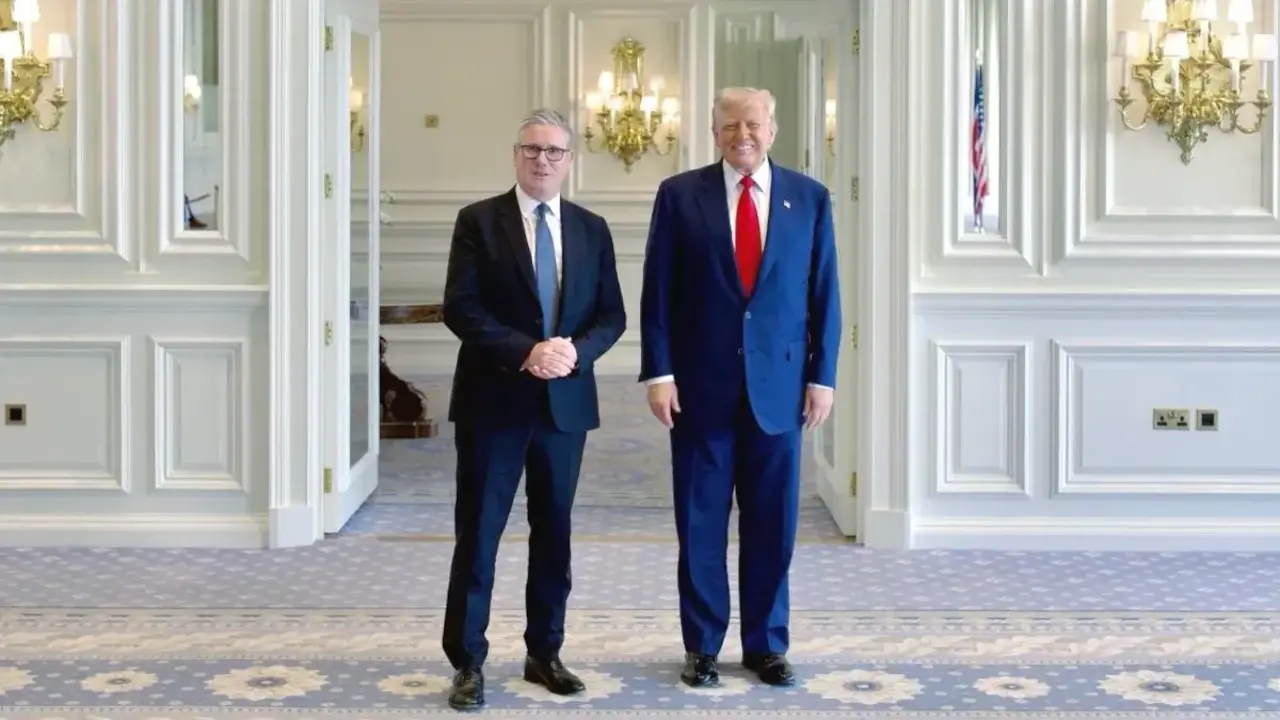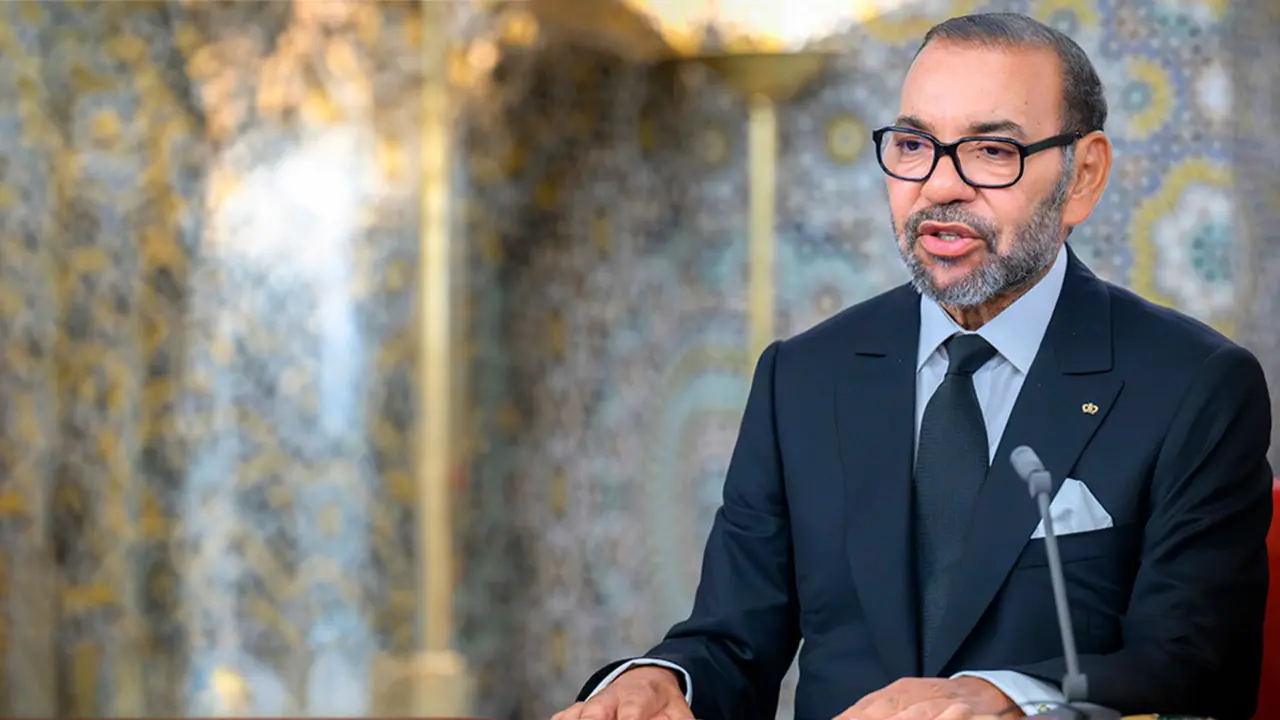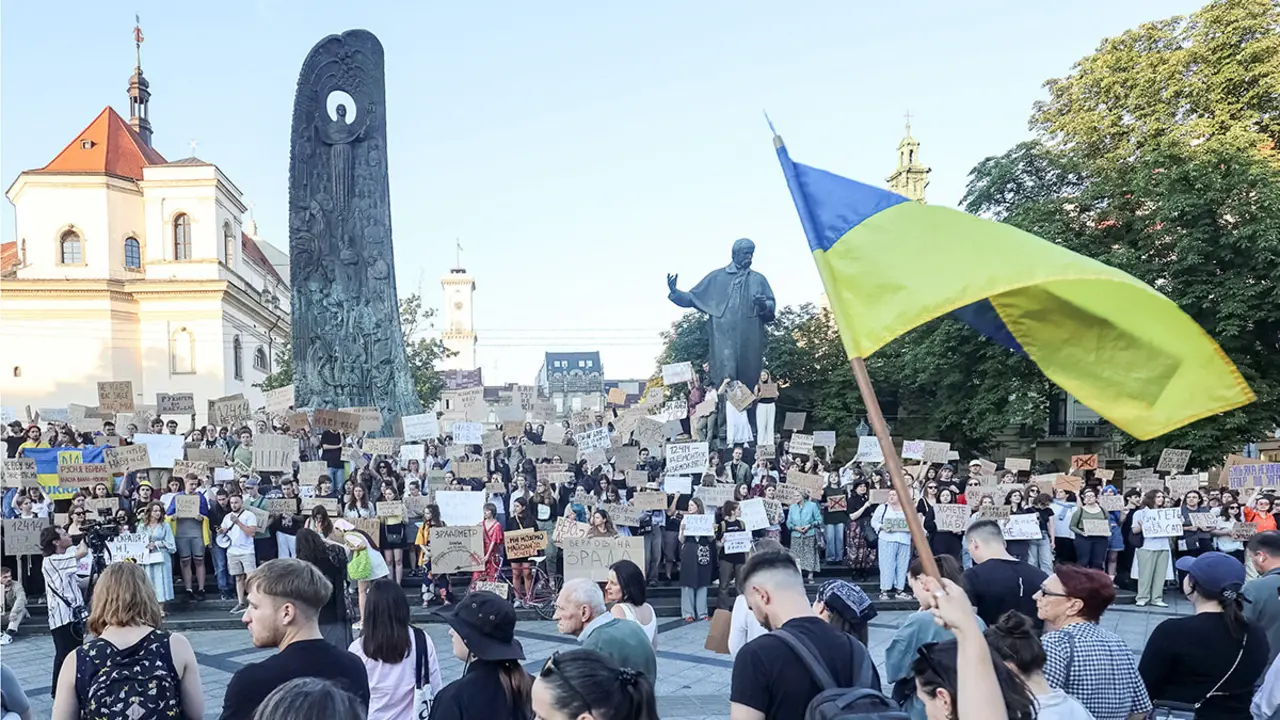BRICS summit kicks off with new members on the horizon

Johannesburg is hosting the BRICS summit (Brazil, Russia, India, China and South Africa) from today with the fundamental objective of expanding its area of influence and its weight on the international stage. Several countries have shown their willingness to form part of this economic-trade association. And this is not surprising, as the five countries that set it up want to increase their power of influence in every corner of the planet.

South African President Cyril Ramaphosa will host his Chinese and Brazilian counterparts, Xi Jinping and Lula de Silva, respectively, as well as Indian Prime Minister Narendra Modi. Vladimir Putin, meanwhile, will be forced to attend the conference telematically due to an arrest warrant from the International Criminal Court for the invasion of Ukraine. In his place, Russian Foreign Minister Sergey Lavrov is attending as Russia's representative.
The 15th BRICS summit kicks off in a complicated atmosphere due to the situation surrounding the five countries. The Russian invasion, which has not been condemned by South Africa, China or India, and for which Brazil has refused to provide aid to Ukraine, conditions one of the most tense atmospheres that the association, created in 2009, can remember. Nevertheless, all are committed to bringing in new countries and seeking a political balance that will stand up to the United States and the European Union.

Nearly 40 countries have expressed their willingness to join the BRICS group. Argentina, Iran, Bangladesh and, above all, Saudi Arabia stand out above the rest. Despite this, there are still "divergent views on which countries should join the bloc and the conditions" for accession, Jannie Rossouw of the University of the Witwatersrand in Johannesburg told AFP.

One of the reasons Rossouw blames the difficulty for the entry of new members on India's refusal to join, which clashes with the group's other major economy, China: "In the long term, the rivalry between China and India is probably the biggest challenge facing the BRICS," she says. While Beijing is confident about the entry of new countries, New Delhi is not confident about its regional rival and the possible interests behind this desire.
It should also be noted that the birth of the BRICS has as a common denominator a number of characteristics that all these countries share. The five currently account for 23% of the world's GDP, 42% of the population, 29% of the global territory and more than 16% of world trade. Moreover, all members are part of the G20, which represents the 20 most powerful economies in the world, demonstrating the weight that these five have on the international scene.

Wednesday is the day set to address the issue of the new members. The one person who has made clear his support for bringing in other countries is the host president, Cyril Ramaphosa. In a pre-summit speech he said that "an enlarged BRICS will represent a diverse group of nations with different political systems that share a common desire for a more balanced global order".
To all of this must be added another of the points set out in the agenda of the summit, namely the de-dollarisation of the economies. Moving away from the dollar is another of the goals they are pursuing, although the establishment of a single BRICS currency, as Brazilian President Lula da Silva wishes, is not considered a real possibility. The New Development Bank (NDB), established by the BRICS in 2015, is set to be one of the key elements in this process, which aims to strengthen local currencies and reverse the growth of the dollar since the Russian invasion of Ukraine began.
Americas Coordinator: José Antonio Sierra.

